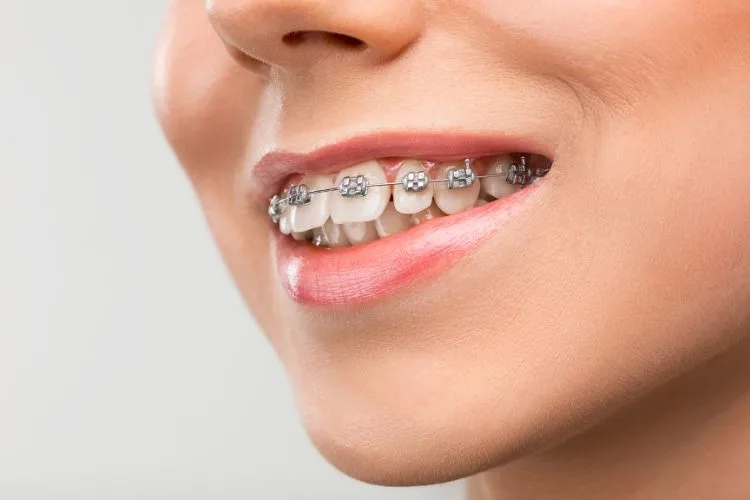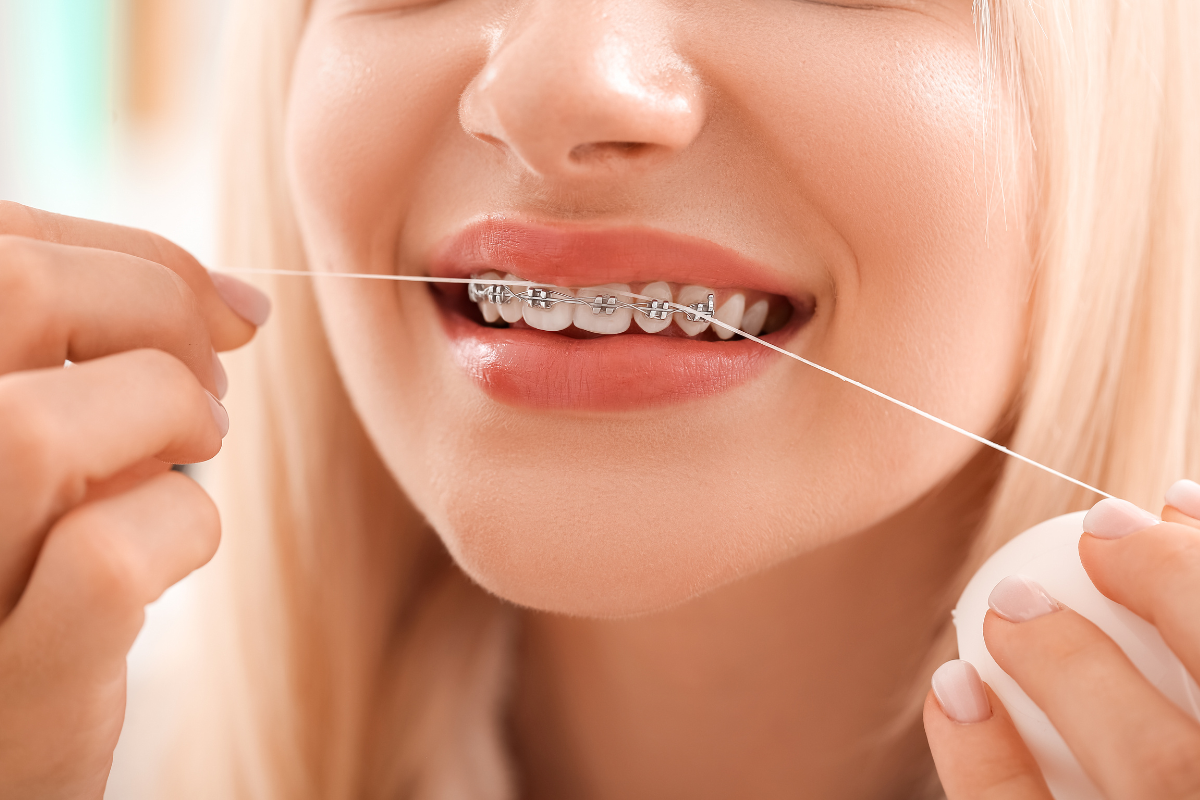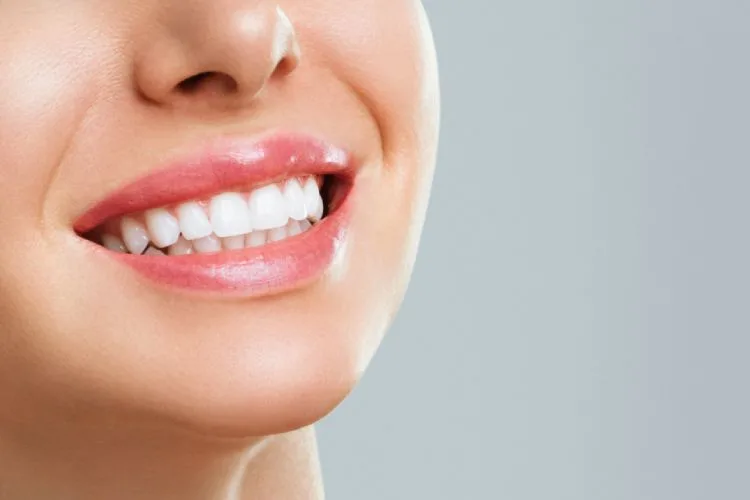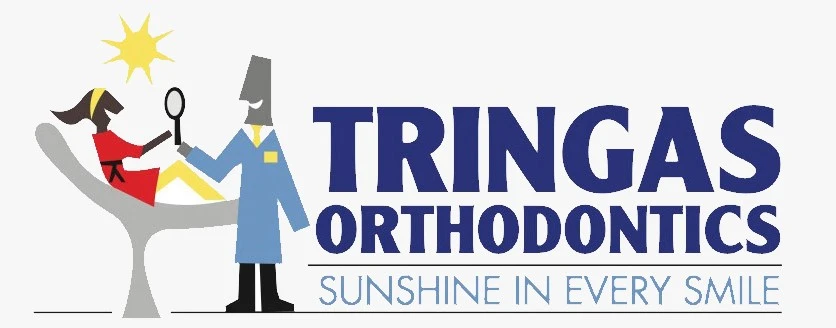
How Often Should I Floss With Braces?
Taylor Elstermann
October 25, 2022

When you have braces on, flossing is crucial to the health of your teeth and gums. It’s crucial to keep up with your brushing and flossing since braces may trap food, sweets, and liquids when you eat. If you don’t floss, you’ll get gingivitis, a gum disease that causes your gums to become sensitive, red, and swollen, giving you a “gummy” smile. Additionally, with healthy gums, your teeth will move much more quickly. Therefore, you should floss every day.
When to Floss
After every meal, it is advised to floss your teeth and use oral irrigators. Naturally, it is not feasible to do it constantly. However, it is advised to floss at least twice a day, in the morning and the evening. Keep in mind that neglecting the importance of proper oral hygiene and routine preventative dental care while wearing braces may have significant, sometimes permanent implications.
What can Happen if You Don’t Floss
When food is left on the teeth, demineralization takes place. It provides the perfect habitat for the development of the bacterium that turns it into acids. Acids dissolve tooth enamel and remove calcium and phosphates, which are essential components. If this process is not prevented by routine tooth cleaning, the surface of the enamel will eventually develop “white scars.”
The braces’ border is made up of pale strips. Even after the braces are taken off, they are still on the enamel. These stains will be the sensitive region of the tooth and, regrettably, they are permanent. If you take excellent care of your teeth, avoid sweet and sticky meals, brush after every meal, and floss every day, demineralization won’t happen.
Discomfort
Acute, sometimes intolerable discomfort while eating cold or hot food is a symptom of sensitivity. When the protective coating of enamel is removed, a surface that is readily permeable to impulses that go to the tooth’s nerve terminals is left behind. These are often the results of using the wrong hygiene products or cleaning your teeth too vigorously.
For instance, teeth sensitivity may be brought on by toothpaste components such inexpensive abrasives (chalk, soda), plant enzymes (papain, bromelain), or a harsh toothbrush. Ordinarily, orthodontists choose the required hygiene items before beginning treatment. However, if you are already feeling this agony, get in touch with the dentist for advice so that he can offer unique options and help you choose extra pain-relieving care items.
Put Your Toothbrush to Work!
Use a brush to scrub all of the brackets both above and below. Make sure that the bristles reach the gumline. Please remember that frequent cleanings are still crucial even if you wear braces. In fact, the dental hygienist’s ability to reach places that you can’t makes it even more crucial. This will help you stay healthy and identify issues early.
Keep in mind that nature never intended for us to have our mouths full of metal, so be kind to yourself as you go through all of these steps. During this period, your mouth is very sensitive, making it more vulnerable to infection. Do not floss if it hurts you.
Schedule a Free Consultation
Call us at 407-876-2991 for an appointment or visit Tringas Orthodontics at our Orlando location in Lake Nona where we also serve St Cloud residents. We are located at 13250 Narcoossee Rd, Suite #100, Orlando, FL 32832. Our Windermere office, where we also serve Dr. Phillips, Winter Garden, Metro West and Ocoee, is located at 422 Main St, #2, Windermere, FL 34786.
Recent Posts



